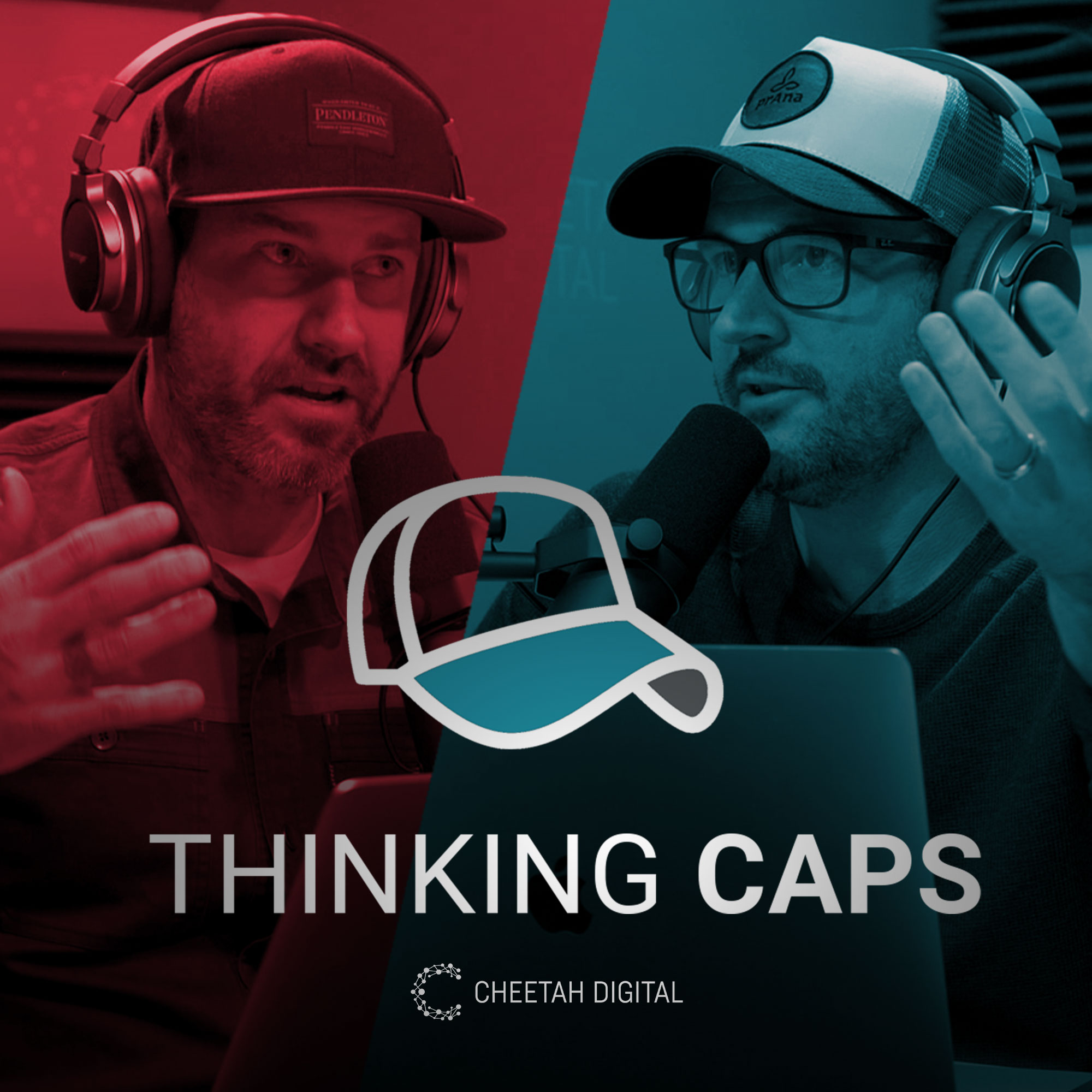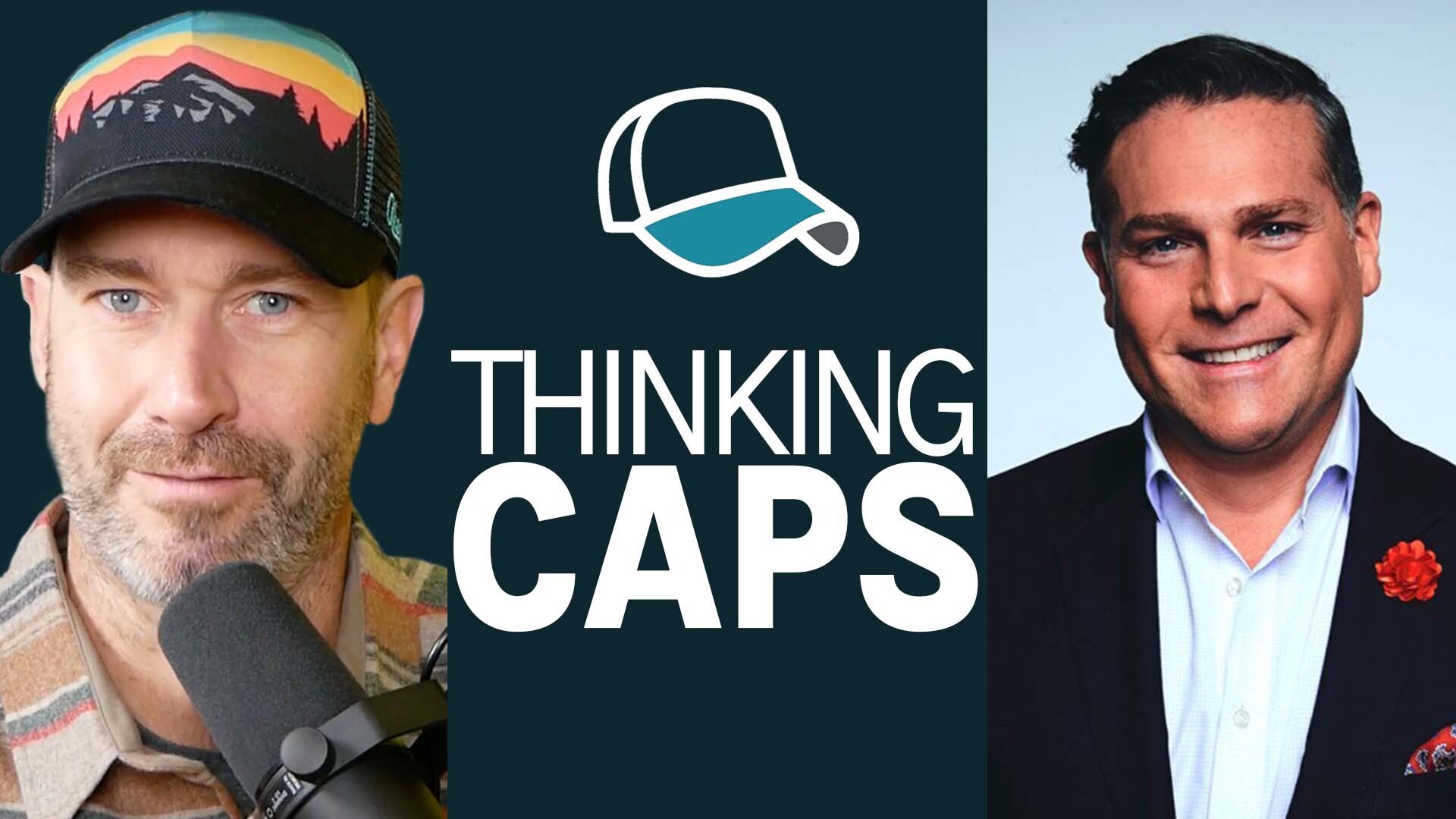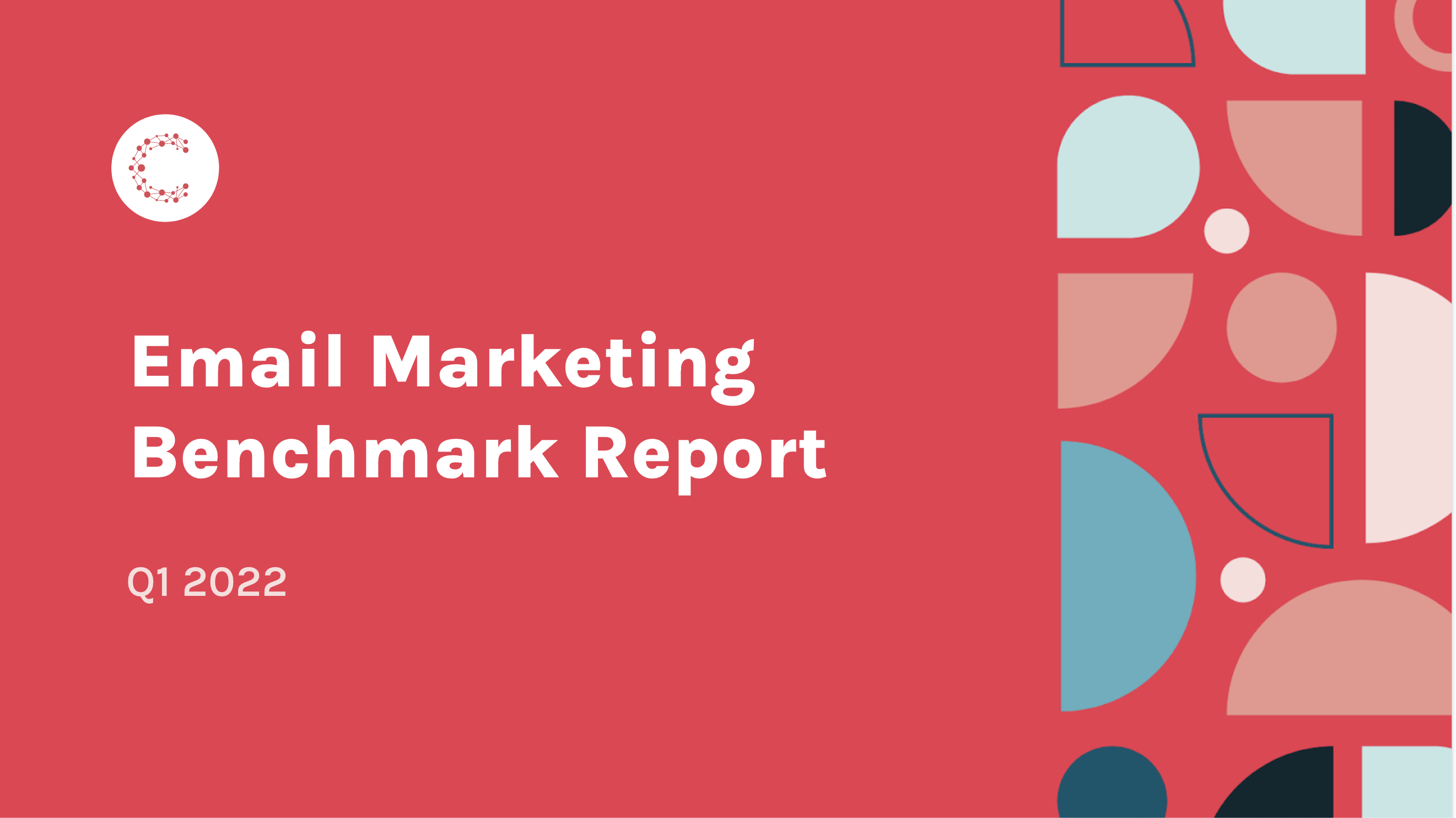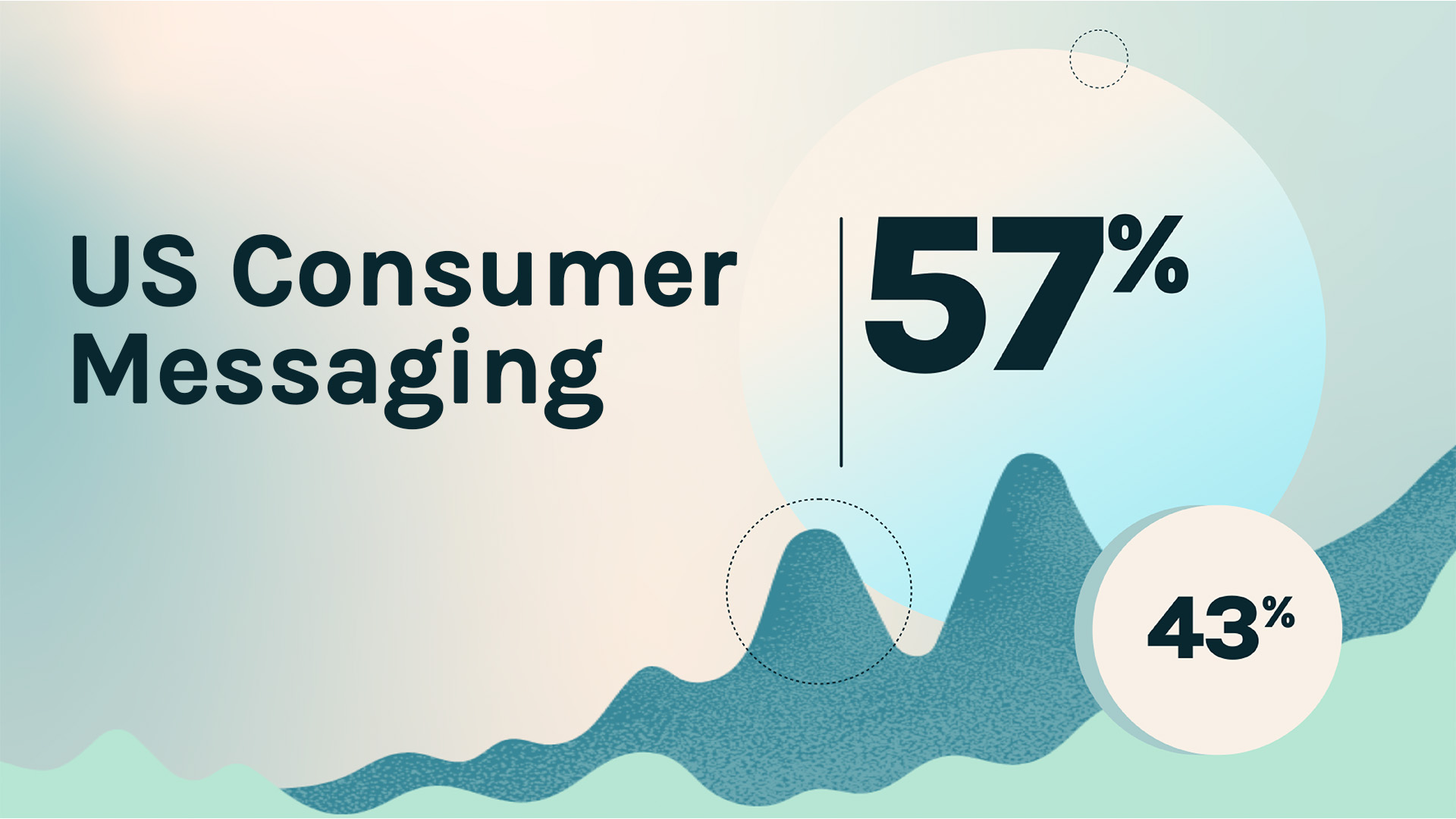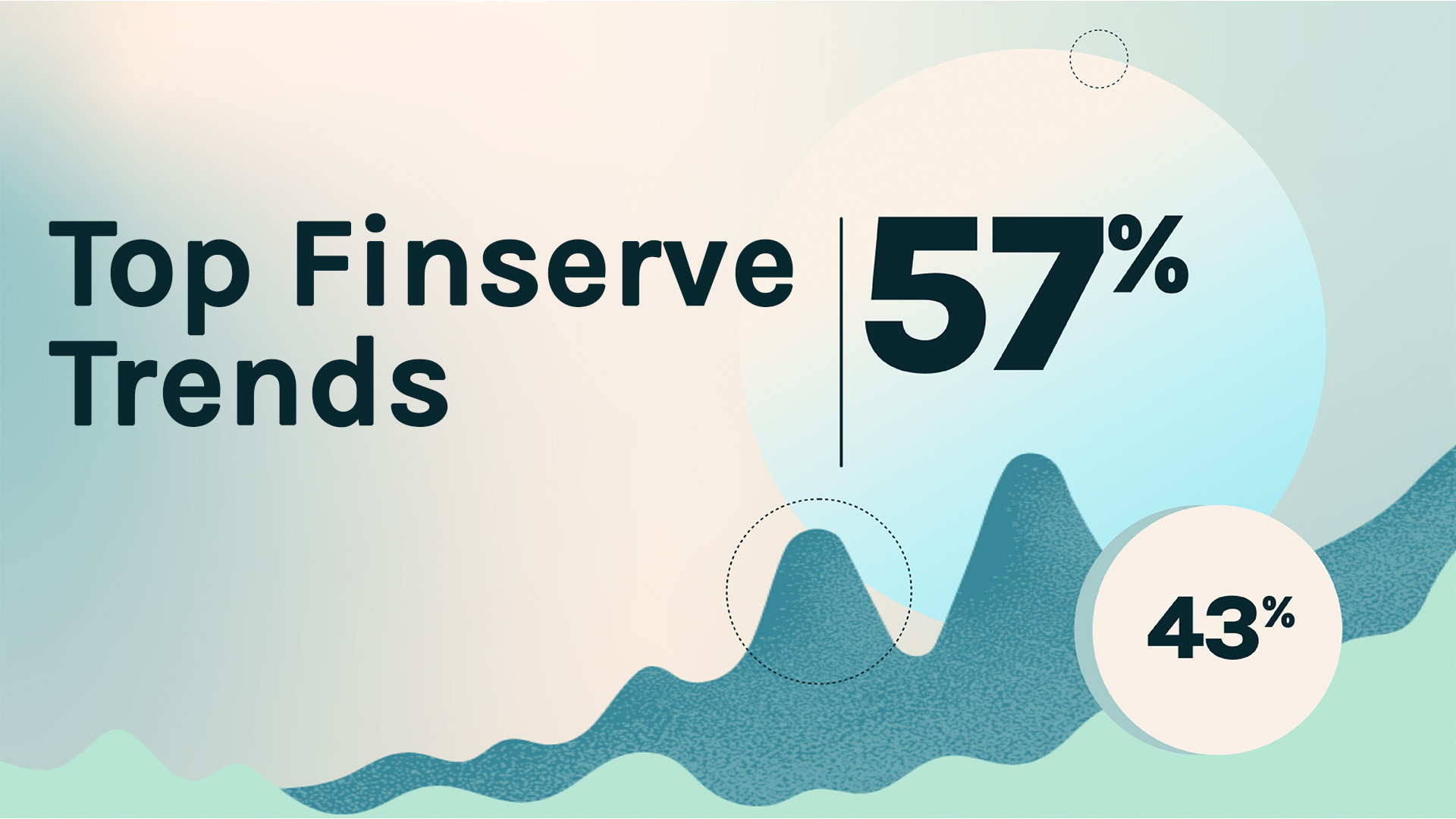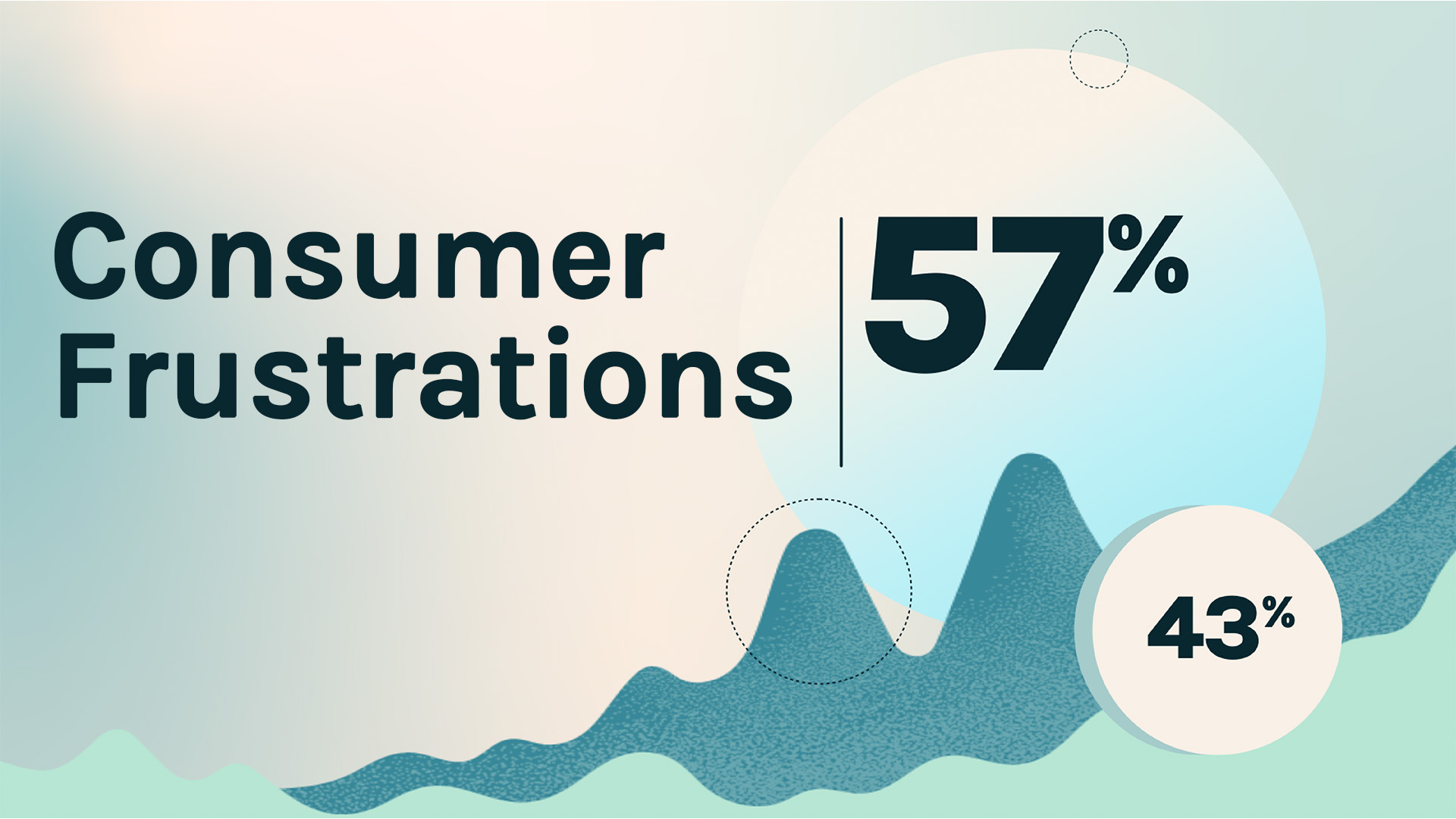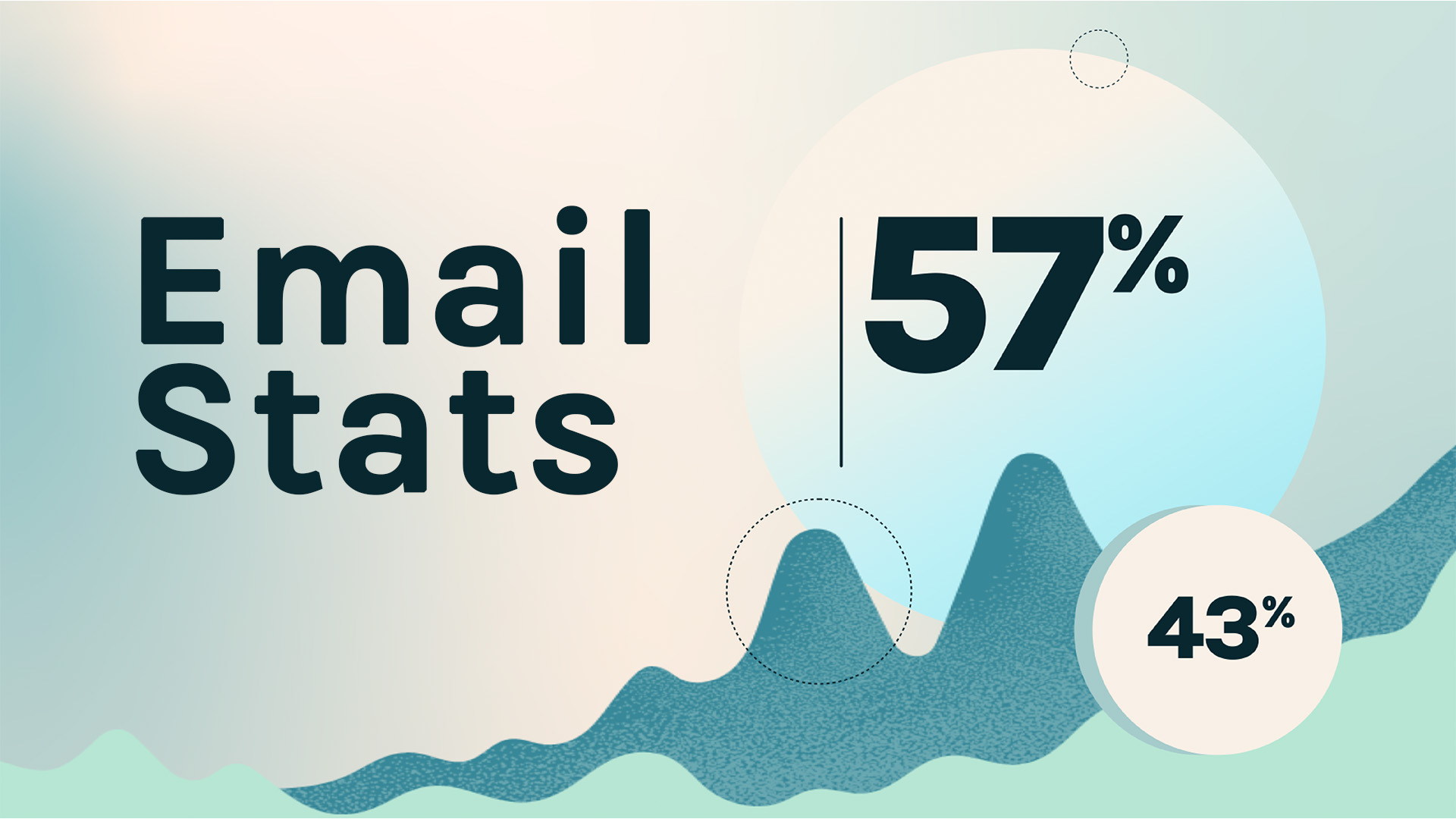Senators Want More Transparency Into ‘Addictive’ Facebook, Twitter and YouTube Algorithms
- 0.5
- 1
- 1.25
- 1.5
- 1.75
- 2
Richard: Senators want more transparency into the addictive algorithms of Facebook, YouTube, and Twitter. More disruption on the horizon for the social media platforms stay tuned.
Tim: Okay. A Senate Judiciary Subcommittee just has been held to deal with the large social media platforms. Richard what is this about?
Richard: Yeah, really interesting. So we cover this quite a bit and thinking caps in terms of what's going on with the social media platforms, and this is quite an interesting moment. So in contrast to sort of more recent congressional hearings that have basically been little more opportunities for legislators to show that they don't understand technology.
Tim: Yeah. We see a lot of that.
Richard: Well those that do they'd just have a chance to sort of pummel and smash the big tech executives. But this latest hearing is actually more focused on trying to understand the algorithms and their role in spreading harmful misinformation. At least that was the aim. And the story is quoted and covered in Digiday, so hats off to them for the article. I wanted to actually quote from the article itself. So this is Democratic Senator Chris Coons, who says," We truly don't see these as partisan questions. And don't come to this hearing with a specific regulatory or legislative agenda. But this is an area that requires urgent attention," he said. And so, for those that don't know, Chris Coons is the Delaware Democrat who chairs the privacy technology and law subcommittee. And he suggested that the social media algorithms promote false information and force people into hyper tailored idea echo chambers.
Tim: Oh. All right. Okay. So Senator Coons, is he the guy who introduced the algorithmic fairness act?
Richard: That's right. Yes.
Tim: He did that last year. And that essentially gives the Federal Trade Commission, the FTC, the authority to evaluate the fairness of algorithms to determine online advertising, targeting, et cetera. And this is not unlike what we just saw in February with the EU, when the European Data Protection supervisor made a suggestion that all advertising tracking be ceased. So that's going to legislation over the seas, but this is around hype and misinformation.
Richard: That's right. And Senator Coons actually also indicated that the hearing could help inform possible future legislation here in the US.
Tim: Yeah, of course. I mean, that's the reason for these hearings. So what are the key takeaways and what we've learned?
Richard: So pretty interesting. And I don't think anyone will be too surprised by the actual key takeaways. So of course, senators wanted to dig in and how the social media algorithms value amplify or suppress engagement with certain types of infamous inflammatory or false content. However, what we got back from the executives of Facebook, Google, Twitter basically pointed to just the existing public information about how their algorithms worked and refuse to basically provide any further new detail.
Tim: So our lips are sealed one of my favorite Go-Go's songs.
Richard: Pretty much. And the senators signaled that they wanted to get this increased transparency regarding how social media algorithms are built work. Critics of the platform are obviously also involved in the hearing. So people like Justin Harris, who's the co- founder and president of the Center for Humane Technology. And Joanne Donovan, the research director at the Shorenstein Center on Media, Politics and Public Policy. And now they obviously argued on surprising that the algorisms that recommend videos on YouTube or ranked posts in customized Facebook and Twitter feeds are built to inspire outrage and promote misinformation at scale. Strong words. Yeah, and then basically the platform executives came back saying, pushing back on that criticism and stressing that their companies have made changes in recent years. How algorithms operate in order to downplay harmful untruthful or extremist content, and created features that could give people more control whenever content is presented. But Senator Coons did suggest that there are ways that YouTube and other platforms could enable more algorithmic transparency. And basically lamented the fact that YouTube does not publicly show the number of times a video has been recommended to people before it was removed from the platform, which is actually useful staff. You really want to know how far harmful content is getting pushed. And the role of these platforms when a piece of content is taken down, we should publicly be able to see where was the algorithm pushing that? How far did this get pushed? crosstalk
Tim: Yeah, what were the metrics behind before it got removed?
Richard: Exactly.
Tim: Yeah, makes sense.
Richard: And Senator Coons is that we have no way of knowing how many times the content was recommended by your algorithm before it was ultimately removed. Could YouTube commit today to providing more transparency about your recommendation algorithm and its impacts. And the answer was...
Tim: Yeah. No, our lips are sealed.
Richard: Which is kind of interesting because actually in this subcommittee hearing, at the end of it one could come away with the sort of feeling that YouTube, that Google was the ultimate villain instead of Facebook, which is unusual.
Tim: This problem has been there for years. We just keep pumping and kicking the cans to new topics. But look, this is a clear sign. When the Senate Subcommittee gets together, is a clear sign is going to be more disruption. Zuckerberg getting punched in the face and YouTube and everything getting beat up. So this is going to disrupt advertising as we know it for brands. So what does a brand marketer do with this news continuing coming in?
Richard: Yeah, look so funny enough, I'm going to be very supportive here of Google because what I'd really encourage marketers to do is as you say, see the disruption that's coming down the pipe here, which is going to be significant. And I'd encourage all the marketers to follow Google's advice. And I want to bring up a slide here because this comes from Google's own blog. It's from Dr. David Temkin, who's the key guy at Google for covering all these types of issues around trust and privacy, et cetera. And they stated pure and simple. I quote, Google says," First party relationships are vital. Developing strong relationships with customers has always been critical for brands to build a successful business. And this becomes even more vital in a privacy first world. We will continue to support first party relationships on our ad platforms for partners in which they have direct connections with their own customers. And we will deepen our support for solutions that build on these direct relationships between consumers and the brands and publishers they engage with."
Tim: So on your data you will have a path forward to the largest media company in the world is telling you, collect your own data, get your opt in get your consent, get what you need. And you'll have a path forward.
Richard: It's going to be the differentiator-
Tim: Fully.
Richard: For you to actually get ahead of your competition, no question.
Tim: And I'm going to tell you right now, we have tons of facts. That'll say, if you bring your own data for targeting and personalization of ads right now, you'll get a five to six may be more times lift than using behavioral targeted data right now. So, all right, what else do we have?
Richard: Now I would also bring up, I mentioned this the other day. I'm thinking cat. So we don't say bring the IAP into this as well, because I think they have some very sound advice for brands, for advertisers, for retailers when they actually say" Yes, of course direct relationships now are vital in this new privacy first world." And they might go to the next step of saying," Well, how do you build those direct relationships?" And they make the point that you need to think about the value exchange to the consumer to incentivize that long- term direct to brand engagement.
Tim: Yap. Absolutely. And look engagement and direct to consumer is all about customer engagement and it's loyalty. Customer engagement, formerly known as loyalty. I don't know. And we have a great webinar on that that people should, crosstalk We got a minute left, but what do we want to close with and give people as a takeaway?
Richard: Very quickly loyalty is the framework. It's one of the three main pillars of what value exchange can be or should be according to the IAP for getting that direct to consumer to brand relationship. So we've got a webinar called, Why Is Loyalty The Key To Surviving The Death Of The Cookie? And the materials that you should look at to help you evaluate the vendors that can help you build that value exchange direct to consumer model. Everybody that attends that webinar gets a Technology Today Report from Loyalty360 profiling 55 vendors that can help you.
Tim: Well, That's it today. We'll continue to track the news around this. Cheetahdigital. com reports or webinars, and you will see that Loyalty360, go sign up and get that free report. Cool. We are out.
Richard: See you soon.
DESCRIPTION
US regulators investigate the algorithms of Facebook, Twitter and YouTube to understand if they amplify harmful content. We wrap our heads around the potential for this to have implications on advertising for brands and reinforce why a customer engagement strategy that fosters loyalty may be the safe bet for advertising brands.

